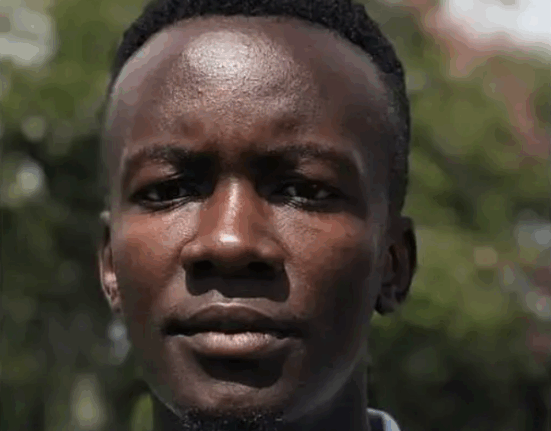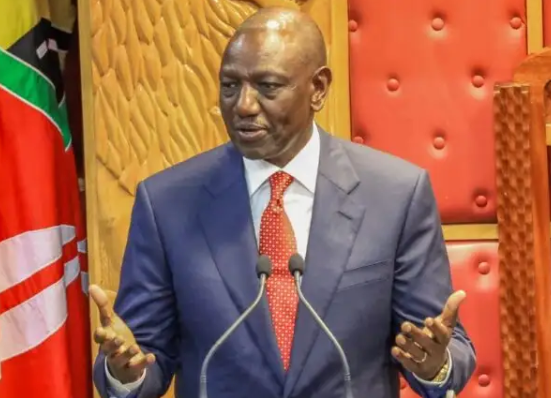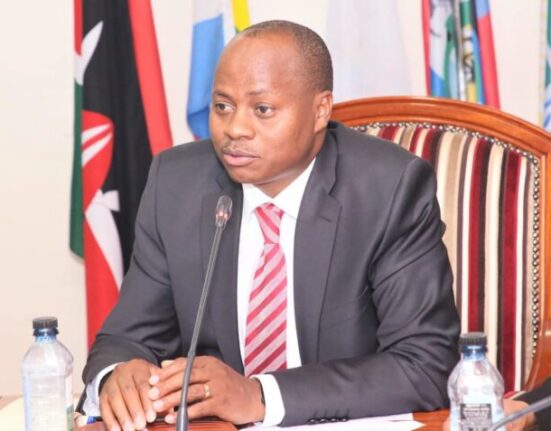Chants of “Ruto Must Go” echoed through Kenyatta University as students welcomed rapper Khaligraph Jones to the stage.
In a video shared by Alinur Mohamed on X, students could be heard shouting their frustrations, even calling the president a “mwizi” (thief).
Though the video is not yet official, many who have listened confirm that the chants are clear. This event is just the latest in a growing wave of discontent that has been spreading across the country, particularly among the youth who feel let down by the Kenya Kwanza administration.
This incident comes days after Kenya’s top security chiefs warned against such chants. National Intelligence Service (NIS) Director Noordin Haji and Chief of Defence Forces (CDF) General Charles Kahariri recently cautioned Kenyans against calling for a regime change outside constitutional procedures.
Speaking at the National Intelligence and Research University (NIRU), General Kahariri reaffirmed that the Kenya Defence Forces (KDF) would not allow unconstitutional attempts to remove the government. He urged Kenyans to express their frustrations within legal limits, warning that instability could have severe consequences.
“We, the military, are apolitical. We don’t take sides. We defend the Constitution and the government elected by the people,” Kahariri said.
He added that dissatisfaction with leadership must be addressed legally and not through street protests or disruptive chants.
The “Ruto Must Go” chants have grown louder across the country in recent months. President Ruto, once a popular leader, now faces intense backlash due to economic struggles, high taxes, and unfulfilled campaign promises.
Many Kenyans feel burdened by the rising cost of living, job losses, and increased taxation. The frustration has been particularly evident among university students and young professionals who had hoped for better opportunities under Ruto’s leadership.
Some argue that the government’s failure to address these concerns has led to growing public resentment, which is now manifesting in such demonstrations.The movement has spread beyond political rallies.
Recently, Ruto faced similar chants at a football match in Nairobi and during the Naivasha Safari Rally. Social media platforms have also amplified the message, with trending hashtags and viral videos showing Kenyans expressing their dissatisfaction. Political analysts suggest that the growing anti-Ruto sentiment reflects a broader crisis of confidence in the government.
Governance expert Charles Kelly says economic hardship is the main reason for Ruto’s declining popularity. Many citizens believe the government is more focused on politics than addressing real economic struggles.
Despite the protests, Ruto’s allies argue that his administration is delivering on promises and that his critics are politically motivated. However, analysts predict that the anti-Ruto movement will intensify as frustration grows.
If the government does not take urgent measures to address the grievances of the people, protests and public unrest could escalate. As tensions rise, the government faces a critical moment. Will it listen to the people or clamp down on dissent? The coming months will be telling, as Kenyans continue to voice their anger in more ways than one.













Leave feedback about this